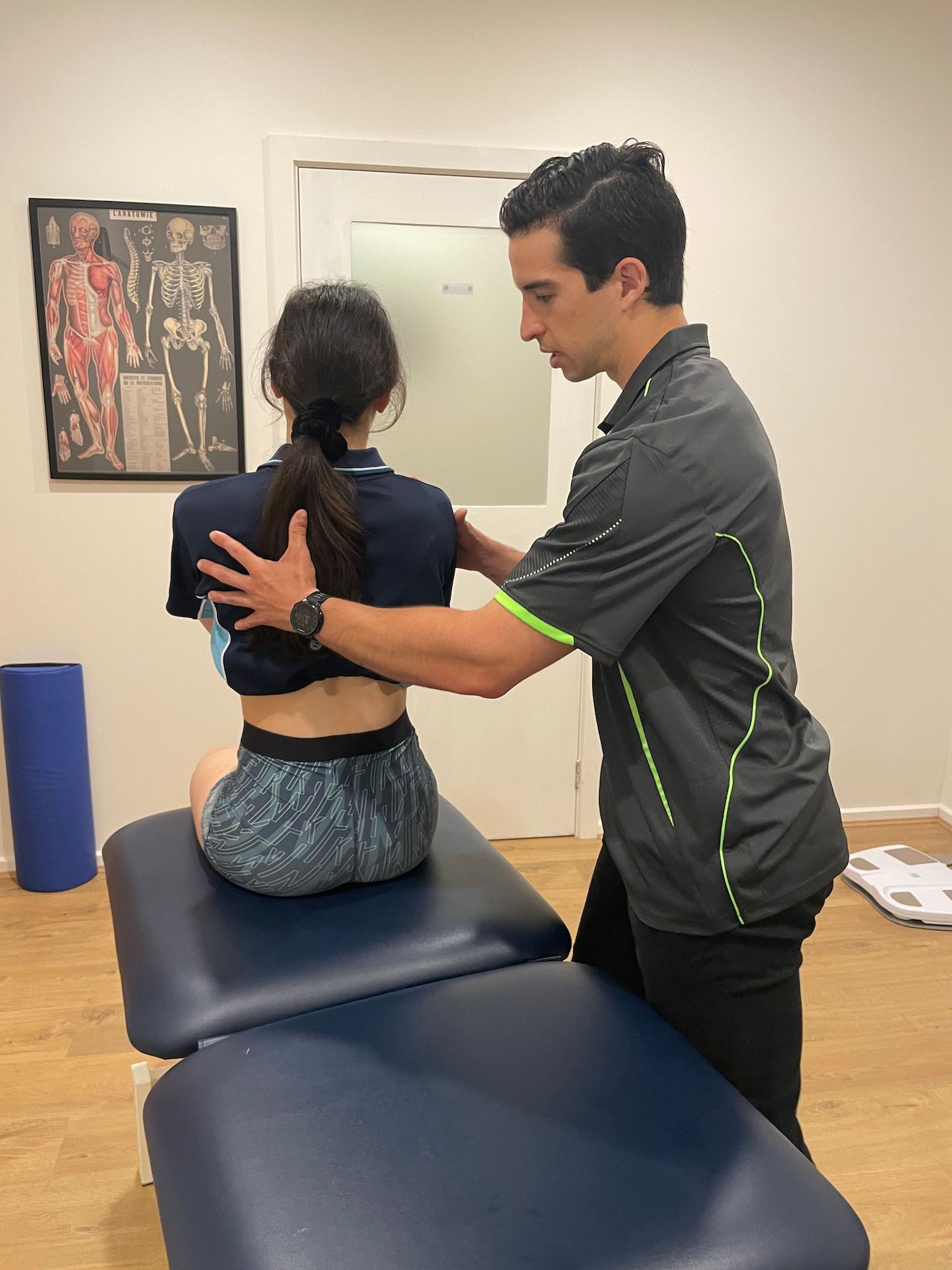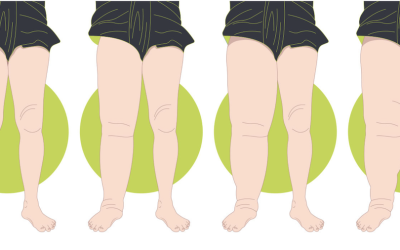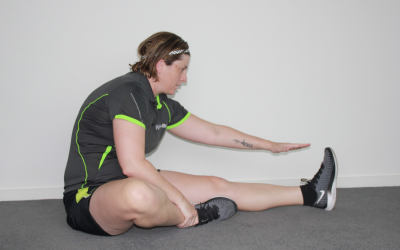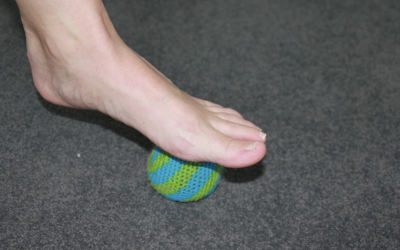Have I slipped a disc?

Have I just slipped a disc? Oh no!
Fear not! It isn’t the end of the world.
Throughout our lives, we put our spine under pressure with everyday occurrences like household chores, sport, work, weight gain and direct trauma.
This can cause the jelly-like disc to slowly, but surely, become more flat and less shock absorbent. Eventually due to wear and tear, they lose their shape and bulge out slightly, which CAN or CANNOT touch the surrounding nerve roots causing irritation and nerve pain.
So, as our bodies start the degeneration process from the time we are in our mid-twenties, coupled with everyday stress and trauma, disc bulges would seem pretty common, yeah? Well, it is…especially over the age of 40, usually in the lower back.
Surprisingly, a lot of people “slip”discs, yet have no symptoms of this whatsoever, simply due to general wear and tear! And so, they go on with their lives- none the wiser!
Yes. That’s right. Bulging discs can have no symptoms.
Just because your MRI comes back positive with a result for a bulge, doesn’t necessarily mean that it is going to be the source of your pain. You may not even know how long you have had it for!
If it does turnout that you have sustained an acute disc bulge, and it is causing you pain, Myotherapy can assist in reducing the associated symptoms, like tight muscles, as well as strengthen the core and the spine using using basic exercises to prevent further postural and mechanical issues.
Symptoms usually hang around for about 6 weeks (depending on each individual case and the things they are doing to assist recovery), but thankfully, not forever.
With this in mind, our bodies are clever and will occasionally tighten the surrounding areas as a safeguard, and this can be managed and released by our fabulous Myos.
– Alli Jennings
What is Lipoedema?
Everything you need to know about Lipoedema. Explained by a physiotherapist and myotherapist. Lipoedema, also spelled as lipedema, is a chronic condition characterised by the abnormal accumulation of fat cells, primarily in the legs, hips, and buttocks. In some...
Hamstring Injuries: 9 Powerful Steps to Prevention
Hamstring injuries are common among runners, but there are steps and stretches you can take to reduce the risk of such injuries.Hamstrings The hamstring is comprised of three muscles, namely the biceps femoris, semitendinosus, and semimembranosus, which extend from...
Plantar Fasciitis Prevention: Taking Steps Towards Healthy Feet
Learn effective plantar fasciitis prevention techniques to keep your feet pain-free and maintain an active lifestyle. Discover simple steps to avoid this common foot condition.So, What Exactly is Plantar Fasciitis? Plantar Fasciitis (or fasciopathy it is sometimes...



